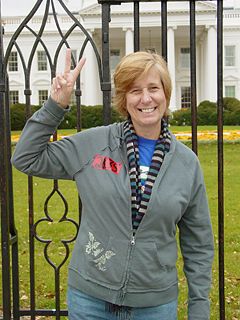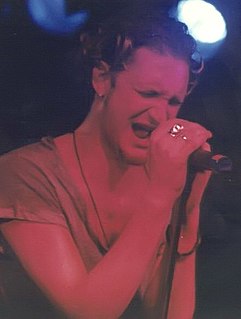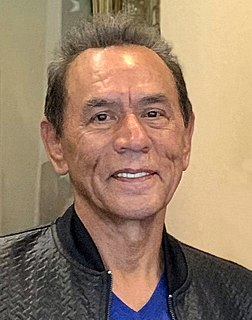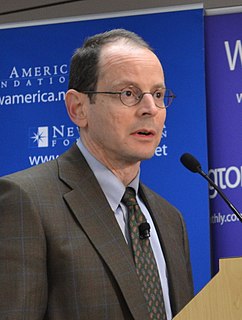A Quote by Greg Boyle
I founded Homeboy Industries in 1988 after I buried my first young person killed in our streets because of gang violence.
Quote Topics
Related Quotes
Go to a nearby military cemetery and look at the American flags stuck on each grave and think of the person buried there who was killed for global domination or for the blunders and egomania of our leadership. And remember, for every person buried there, 10 more loved that person and were shattered by the loss. Instead of saluting, softly say: 'I'm sorry.' ... We need to make Memorial Day a relic of the past.
We Die Young is about gang violence. That was something that was happening in Seattle, something that kinda opened our eyes. It just seemed like things were getting out of hand. Incidents where kids were getting shot, and getting their tennis shoes ripped off their dead bodies. It just seems like these kids are dying at younger and younger ages and getting involved in gang activity.
Now on the first day of Christmas, my homeboy gave to me
A sack of the krazy glue and told me to smoke it up slowly.
Now on the second day of Christmas, my homeboy gave to me
A fifth of Hendog and told me to take my mind off that weed.
Now by the third day of Christmas, my big homeboy gave to me
A whole lot of everything, and it wasn't nuthin' but game to me.
But often, in the world’s most crowded streets, But often, in the din of strife, There rises an unspeakable desire After the knowledge of our buried life; A thirst to spend our fire and restless force In tracking out our true, original course; A longing to inquire Into the mystery of this heart which beats So wild, so deep in us—to know Whence our lives come and where they go.
It is no solution to define words as violence or prejudice as oppression, and then by cracking down on words or thoughts pretend that we are doing something about violence and oppression. No doubt it is easier to pass a speech code or hate-crimes law and proclaim the streets safer than actually to make the streets safer, but the one must never be confused with the other... Indeed, equating "verbal violence" with physical violence is a treacherous, mischievous business.

































